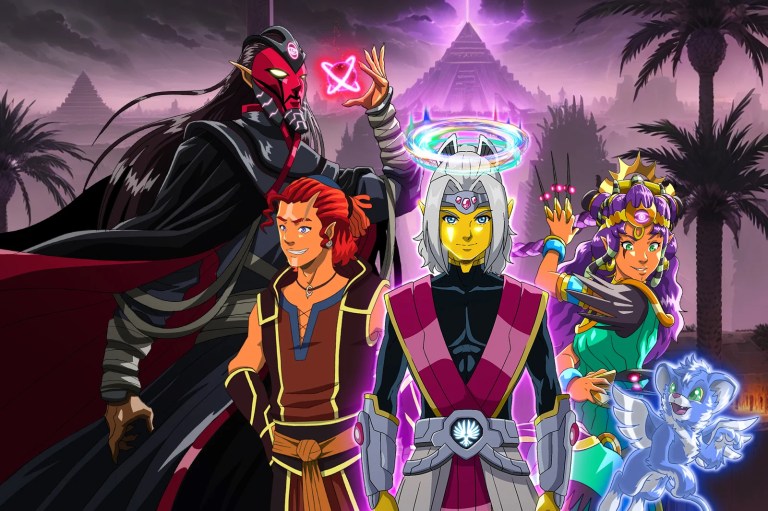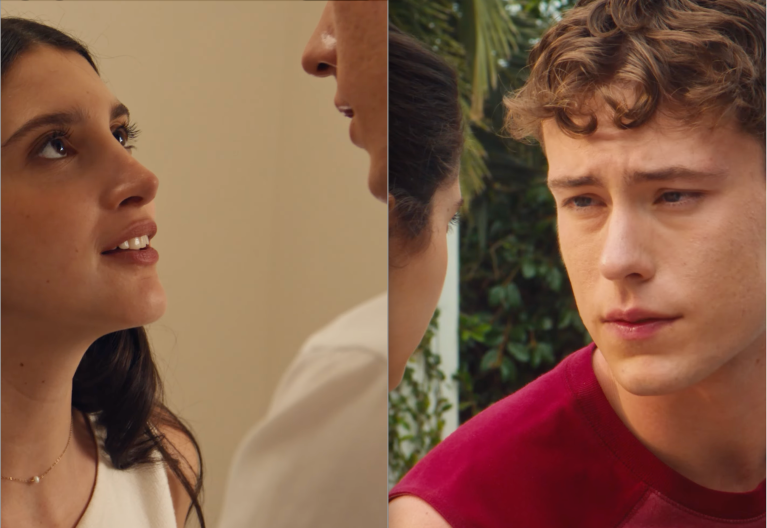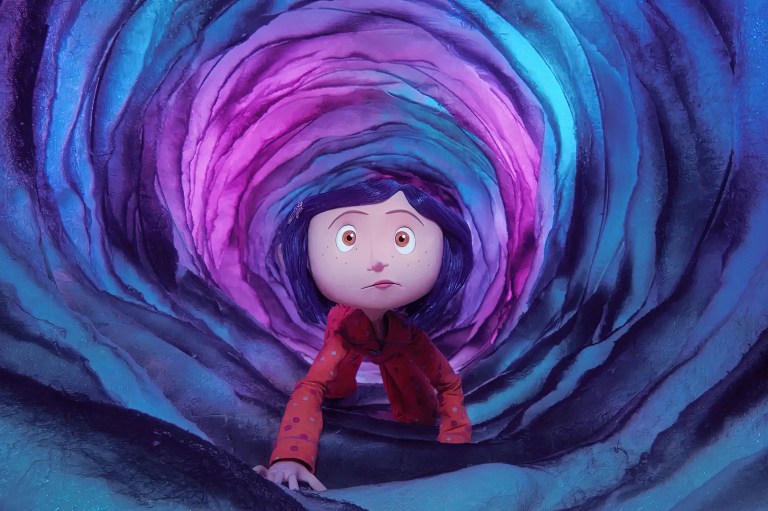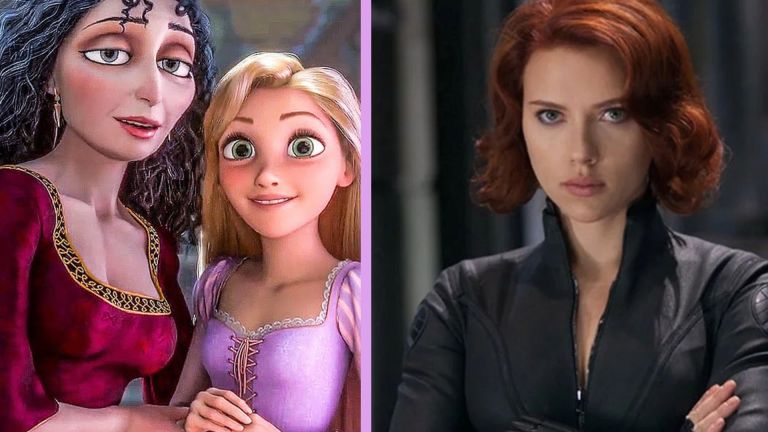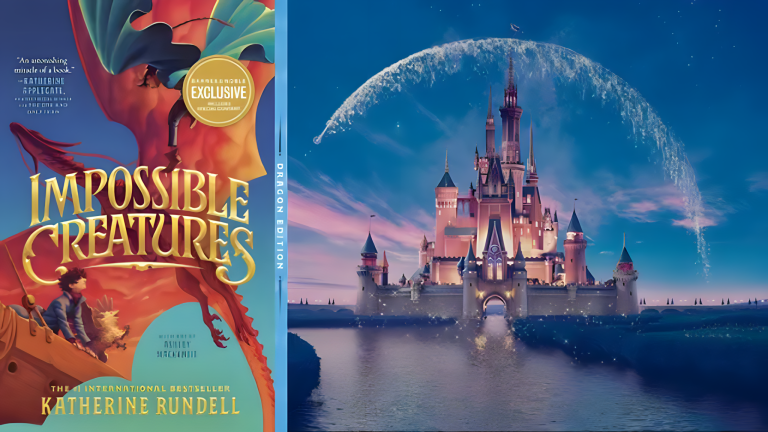
The 7 Best Pixar Movies Of All Time
Pixar creates masterfully emotional stories in an animation space that was once considered kids-only. These are the best of the best.
Pixar doesn’t make movies–they make art.
Like all the best animation producers, Pixar Studios has earned renown for their complex, emotional, unapologetically original animated films, delighting audiences of every conceivable age and respective demographic.
Whether crafting an action movie about crime-fighting superheroes or a science fiction film about a dystopian near future, almost every Pixar movie comes equipped with its unique strengths and endearing qualities. Through this, the studio has managed to secure its coveted place at the center of pop culture, resting alongside other animation giants like Disney, DreamWorks, and Studio Ghibli as a dependable source of entertainment from decade to decade.
Toy Story (1995)
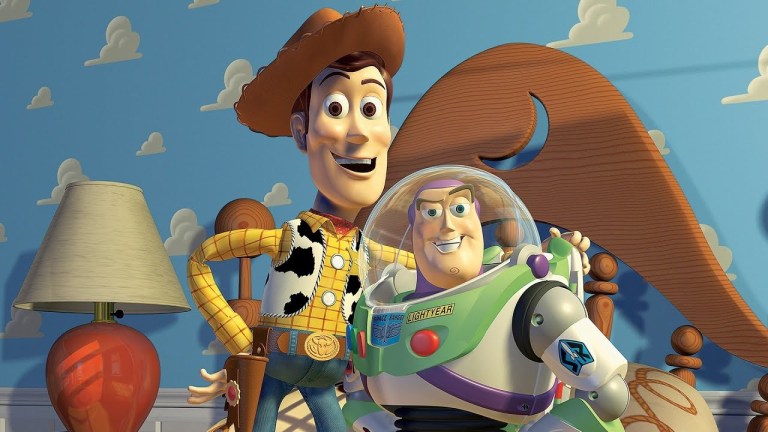
In many different ways, fans can practically describe Pixar as “the house that Toy Story built.” The feature-length debut from the fledgling animation producer, Toy Story set the standard for every Pixar movie that came after. Characterized by its polished 3D animation and layered storyline, few films have captured international audiences’ imagination to the same degree as Toy Story, establishing it in the same iconic category as Snow White and the Seven Dwarfs, Akira, The Little Mermaid, and Spirited Away.
Up (2009)
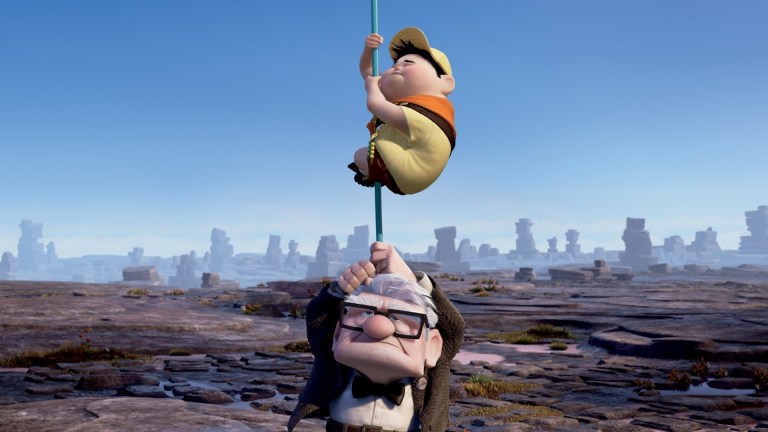
Any movie capable of making you uncontrollably sob within the opening 10 minutes is worthy of attention. See, for example, 2009’s Up, arguably the saddest Pixar films in the company’s history (which–given the studio’s output of tear-jerking films–is certainly saying something). While it might tug at the heart strings in more than a few places, Up also emphasizes the idea that age is just a number, with everyone capable of setting out on one last epic adventure while there’s time to do so.
Ratatouille (2007)
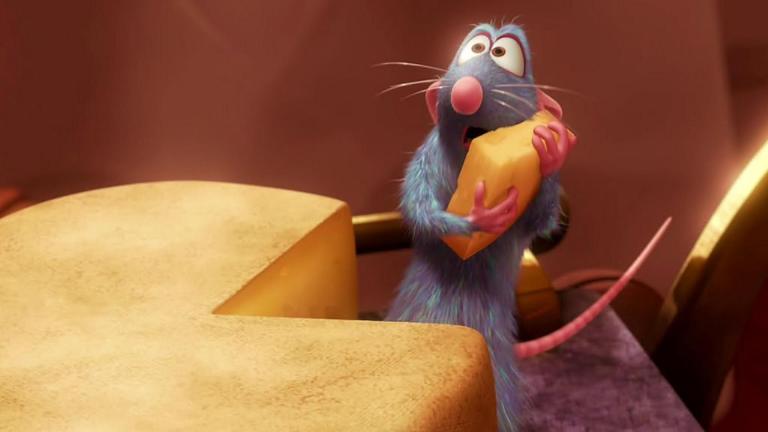
Yes, Ratatouille comes loaded with intricate food sequences that leave our mouths watering and our bellies rumbling. But it’s the endearing message at the heart of this 2007 masterpiece that defines Ratatouille‘s success. Overcoming stigmas related to his identity, background, and unassuming outward appearance, Remy’s undying passion for food perseveres, supporting the message espoused time and time again throughout Ratatouille: great art can truly come from anywhere.
WALL-E (2008)
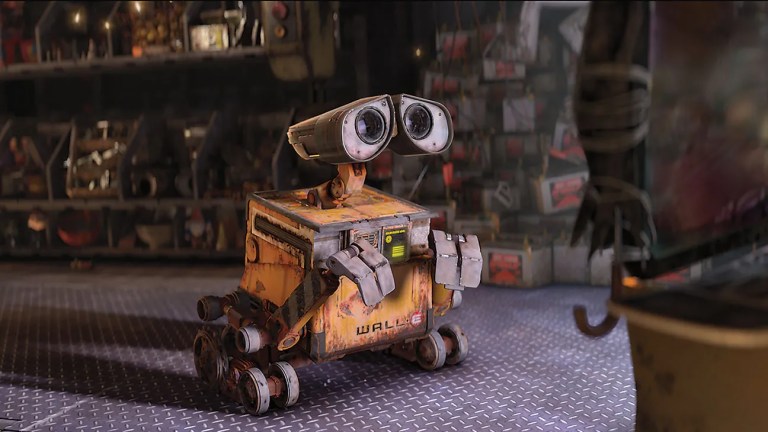
There’s something so endearing about watching a lonely clean-up robot wander through Earth’s polluted wasteland, searching for life, meaning, and companionship in the ruins of a post-apocalyptic future. A Chaplin-esque comedy with a minimal use of dialogue and a powerful emphasis on heartfelt emotion, WALL-E’s beautiful narrative has the power to leave audiences weeping by the end of the film’s first act (a rare achievement most family films could only dream of accomplishing).
Finding Nemo (2003)
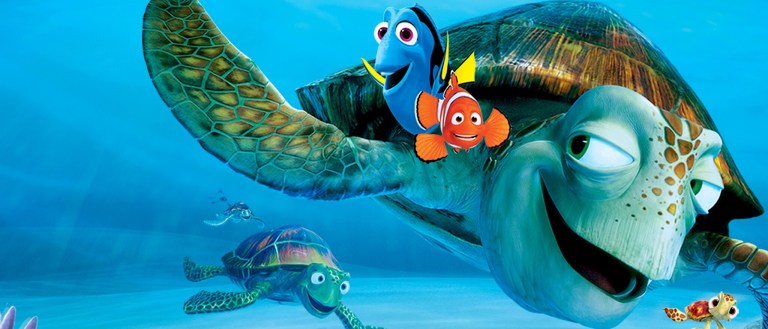
The ocean (like life itself) is populated by dangers and mysteries around every corner, leaving us all avidly worried about our loved ones every time they leave our sight. Dramatizing these worrisome fears in a tense and poignant way, Finding Nemo illustrates the wealth of challenges parents face as they learn to let their children live out their own lives. Encountering vegetarian sharks, philosophical sea turtles, and well-mannered pelicans, Finding Nemo’s Marlin is able to experience the wonders of the deep in his own distinct way, giving him a newfound appreciation for life and all the adventures that await.
Toy Story 3 (2010)
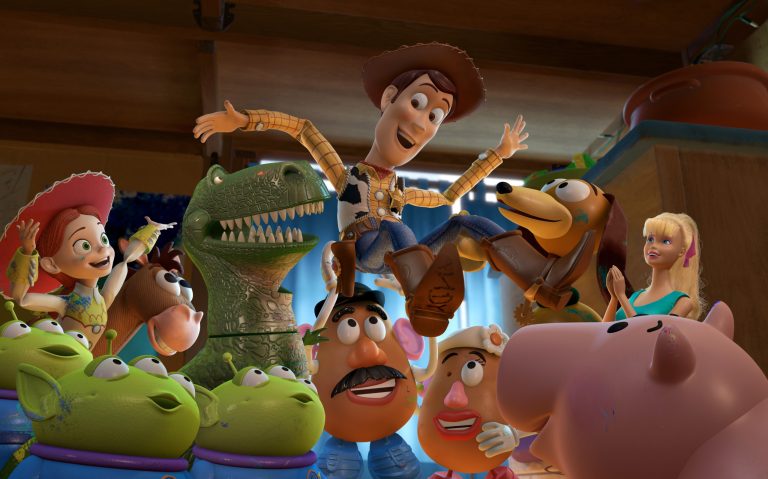
It’s not very often that the final movie in a trilogy matches the esteem of its predecessor. Yet with Toy Story 3, Pixar went above and beyond in terms of its cathartic main messages and gleaming animation. An emotional and existential comedy disguised as a high-stakes prison break film, Toy Story 3 offers a touching love letter to our collective imaginations, encouraging us all to accept the changes of adulthood as we leave the joys of childhood behind.
Inside Out (2015)
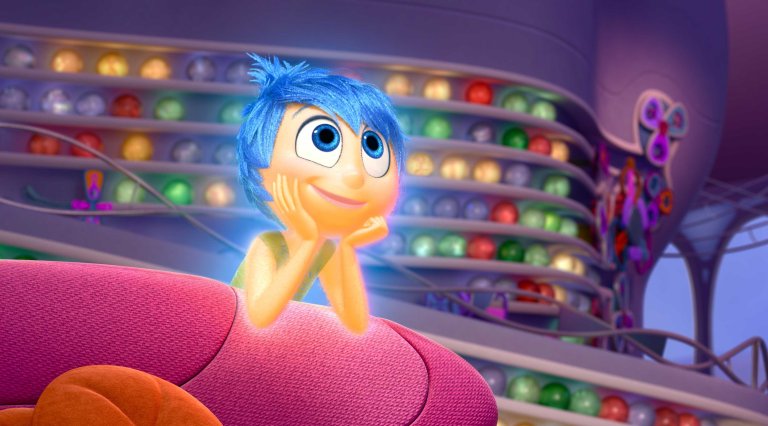
If there’s one message Pixar always returns to, it’s the idea of embracing change, glorying in the tiny moments that make up our everyday existence. As with each of the studio’s previous films, Inside Out returns to this idea in grand fashion, asking viewers to accept each thought that pops into our heads without ignoring or invalidating any of them. Finding a unique way to personify emotions, Inside Out gives a voice to every intricate feelings that dwells inside our minds, be it Amy Poehler’s overly enthusiastic Joy or Phyllis Smith’s endlessly lethargic Sadness.
